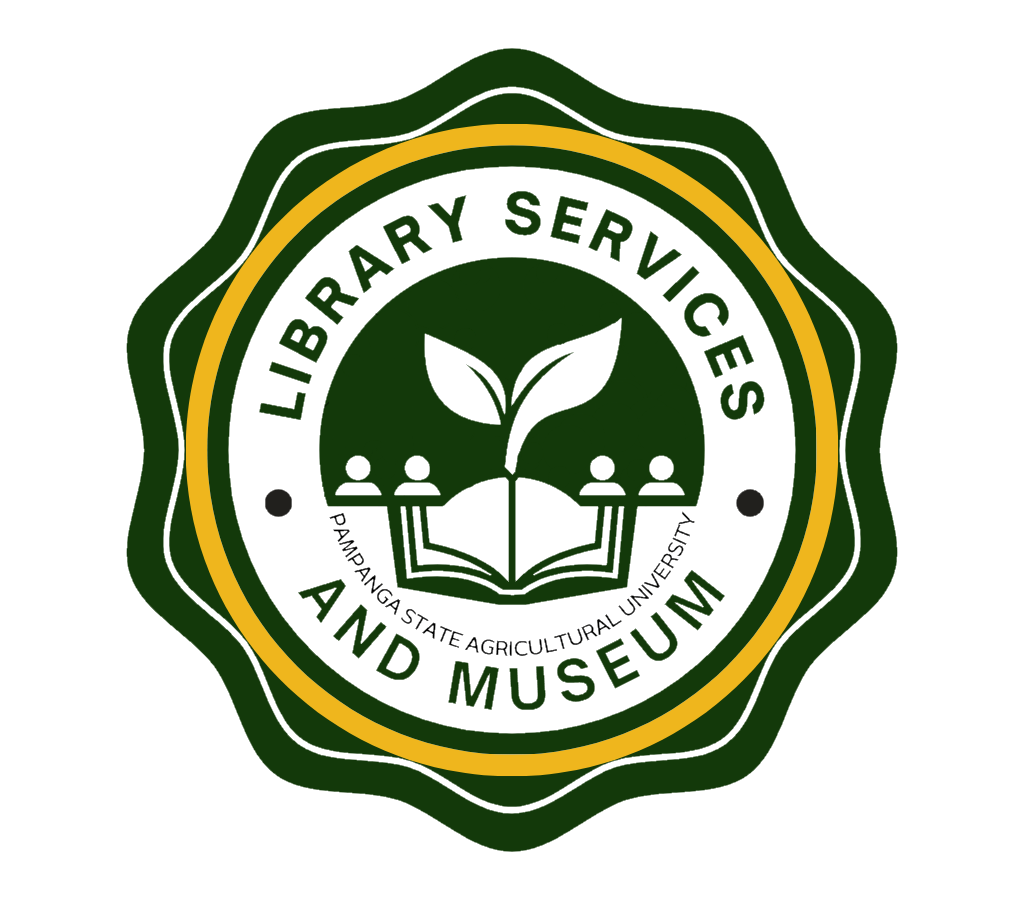The Motivation And Perceptions Of PSAU Female Employees On Breast Self-Examination Against Breast Cancer [manuscript] / Silva, Hannah Nicole M.
Material type: TextPublication details: Magalang, Pampanga : Pampanga State Agricultural University, June 2023.Description: xvi, 150 leaves ; 28 cm + 1computer disc (4 3/4 inch)Uniform titles:
TextPublication details: Magalang, Pampanga : Pampanga State Agricultural University, June 2023.Description: xvi, 150 leaves ; 28 cm + 1computer disc (4 3/4 inch)Uniform titles: - The Motivation And Perceptions Of PSAU Female Employees On Breast Self-Examination Against Breast Cancer.
| Item type | Current library | Collection | Call number | Status | Barcode | |
|---|---|---|---|---|---|---|
| Theses | PSAU OLM Dissertation, Theses | BS Dev. Com. | UT Si5 2023 (Browse shelf(Opens below)) | Not for loan | UT13160 |
Browsing PSAU OLM shelves, Shelving location: Dissertation, Theses, Collection: BS Dev. Com. Close shelf browser (Hides shelf browser)
ABSTRACT Title THE MOTIVATION AND PERCEPTIONS OF PSAU FEMALE EMPLOYEES ON BREAST SELF-EXAMINATION AGAINST BREAST CANCER Researcher School Degree Date Completed HANNAH NICOLE MANESE SILVA Pampanga State Agricultural University Magalang, Pampanga Bachelor of Science in Development Communication May 2023 Camille Rose Carl Mendoza Adviser The study determined the motivation and perceptions of PSAU female employces on breast self-examination against breast cancer. Protection Motivation Theory by Ronald Rogers (1975) was used as the theoretical guide in the study. A quantitative research method was used in this study and a face-to-face survey questionnaire was administered to 127 PSAU female employees - both teaching and non-teaching staff. The Frequency Distribution Table, percentage, mean and Pearson Chi-square Test were used for statistical analysis. Findings revealed that most of the respondents are 23 - 29 years old, married and are carning 21,000 - 30,999 pesos per month. The majority of PSAU female employees have a master's degree. The respondents strongly agreed on the perceived severity and perceived vulnerability on breast cancer. Moreover, the respondents strongly agreed on the intrinsic rewards of breast self-examination and agreed with the extrinsic rewards of practicing breast self-examination as breast cancer protection. Furthermore, respondents strongly agreed in their response efficacy in doing breast cancer protection. In self-efficacy, the respondents believed in their capacity on doing breast self-examination steps. The response costs in practicing breast self-examination are lack of self-assurance, lack of time, anxiety, fear, and lack of knowledge. For the co-relation, educational attainment shows a significant relationship to breast cancer's perceived severity and vulnerability. Given these results, it is recommended that the PSAU should conduct and establish communication campaigns promoting breast cancer protection awareness and trainings on breast self-examination.
There are no comments on this title.
